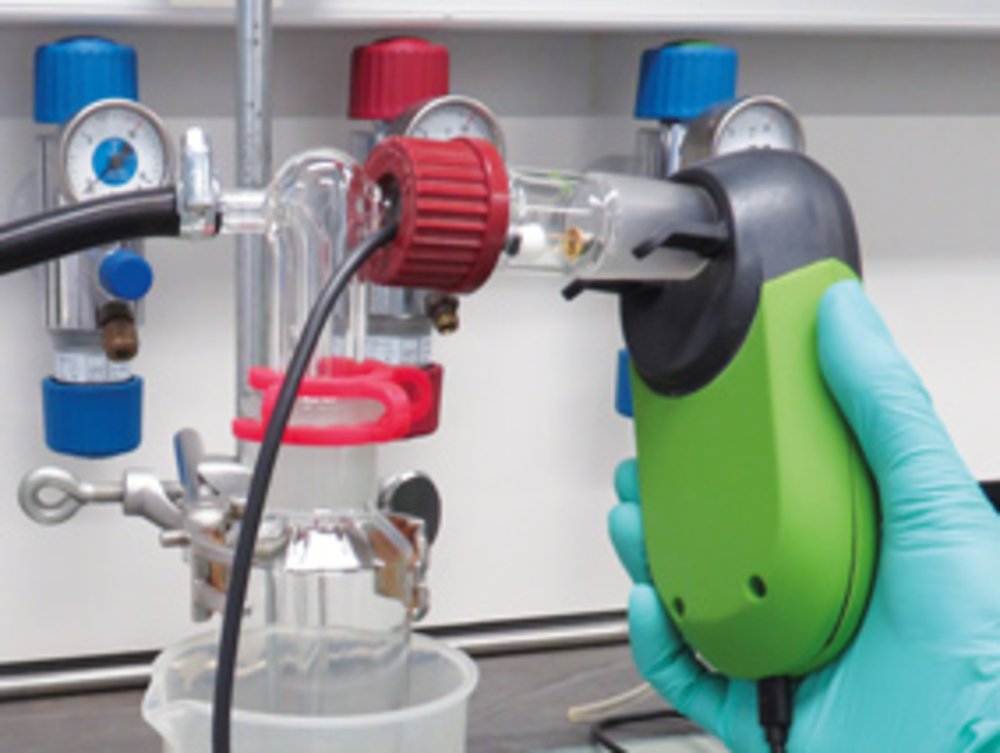Electronic nose finds unwanted biofilms in car air conditioning systems
Even if you can‘t see them: Bacteria and fungi, usually present in small numbers in the air, are continuously introduced into ventilation systems.
As soon as they find favourable growth conditions there (high humidity, usable nutrients, mild temperatures), they colonise the surfaces and in the long term even form biofilms visible to the eye.
Already in an early phase of colonisation, the microorganisms can be recognised by their odour, which is usually perceived as disturbing. These are decomposition products of their food and special odour substances (MVOC), whose functions for the microorganisms are not yet known in detail.
In ventilation systems, bacteria and fungi are not only undesirable because of the formation of disturbing odours. Some of them can also cause hygienic risks. Therefore, it is desirable to detect microbial colonisation of ventilation systems as early as possible so that it can be eliminated again with suitable cleaning procedures.
The airco well® sensor
For this purpose, the company TUNAP has developed an odour sensor with innovative technology that can detect volatile substances (MVOCs) formed by microorganisms. The „electronic nose“ is based on a 3-layer sensor technology and is to be used to detect hygienically undesirable colonisation of car air-conditioning systems at an early stage and to record the success of cleaning measures.
The airco well® sensor in the test
The airco well® sensor is based on an electronic nose with a highly selective 3-layer sensor whose signal is analysed and evaluated with the help of an evaluation logic adapted to the odours.
The sensor was placed in humidified air during its 15-second calibration phase. Highly purified synthetic air humidified with ultrapure water was used for the measurement, which flowed through the test lugs at the time of measurement. As a result, the test air was enriched with the volatile substances formed by the microorganisms, which then acted on the airco well® sensor.
The investigation carried out by the bifa Umweltinstitut on behalf of TUNAP confirmed that the sensor detects the odours of bacteria and fungi frequently found in odour-causing car air conditioning systems if they are present in numbers relevant to practice. This makes it possible to detect microbial colonisation of ventilation systems at an early stage. This will also improve the success of cleaning procedures, as it is much more difficult to remove widely formed biofilms.
The airco well® sensor is currently in the market testing phase to observe the acceptance, usability and measurement reliability under real conditions in the everyday life of car dealerships
